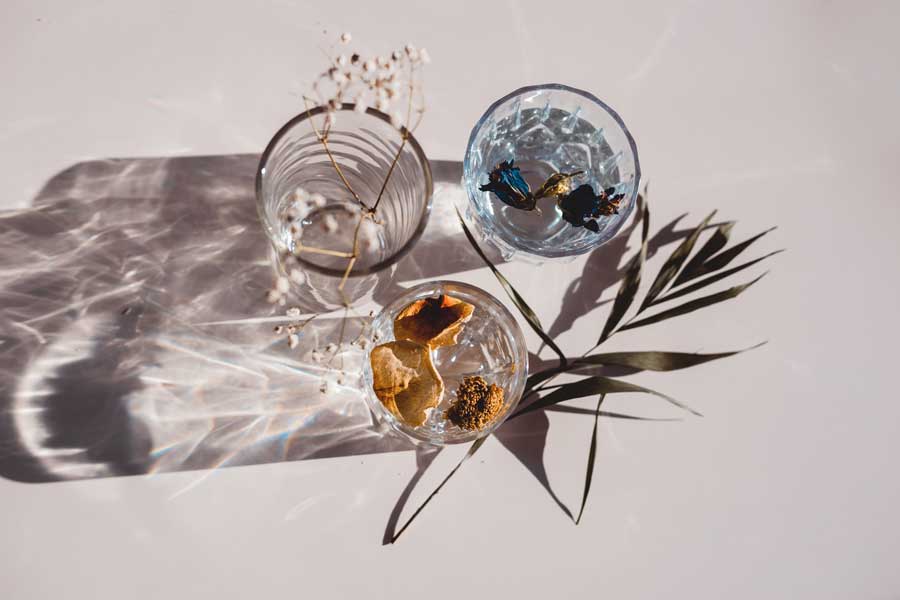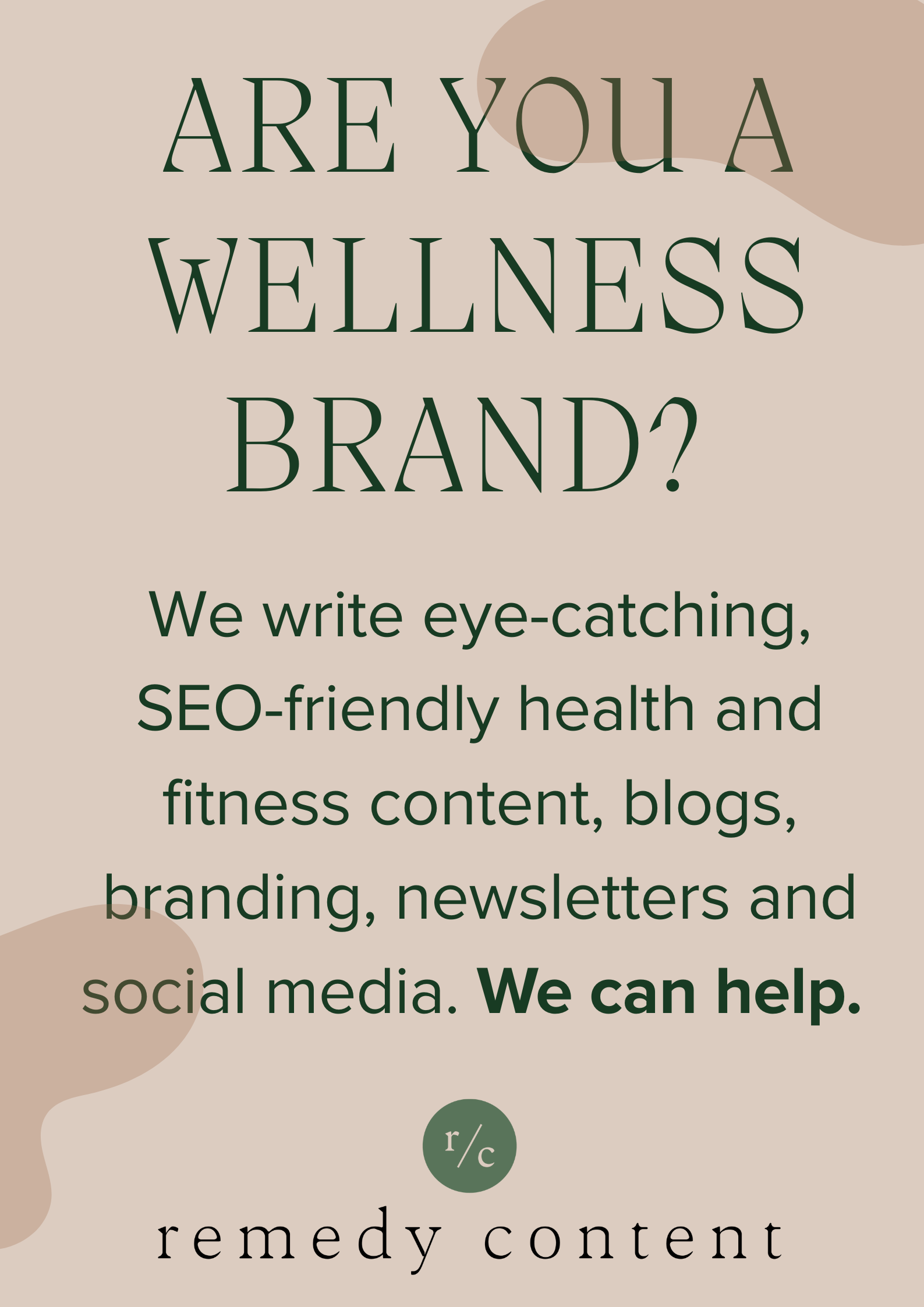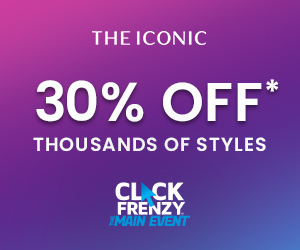
For working mum, Lizzy Fowler, 36, alcohol was a way to manage her anxiety and stress. She wasn’t drinking to excess; in fact she was drinking within the recommended intake and she had spent long periods of her life sober.
“I’m not a huge fan of labels,” she explains, “but I’ve never been an ‘alcoholic’. I’m a high functioning, hardworking, full-time working mum, but I have definitely gone through periods of having two glasses of wine every day.”
And while that might not seem like much of a problem, Fowler found herself consumed by it. She was constantly questioning whether she should have a drink, making excuses as to why she should have a drink, and waking up in the morning regretting it. It got to the point where her mental health was being affected.
So, she sought help in counselling; and among other things, was advised to give up drinking. She decided to do a 30-day challenge and although difficult, felt much happier and healthier. However, the real game changer, she says, was discovering the online sober curious community.
“That’s when I found Hello Sunday Morning [an online sober support group], and a whole community of like-minded people,” she explains. “I got in touch with a couple of girls with an amazing podcast called Love Sober, and joined their secret group on Facebook, which helped me stay on track.”
A global movement
The term ‘Sober Curious’ rose to fame in December 2018, after British writer and founder of alcohol-free event series Club Söda NYC, Ruby Warrington, used it for the title of her book, Sober Curious: The Blissful Sleep, Greater Focus, Limitless Presence, and Deep Connection Awaiting Us All on the Other Side of Alcohol.
Since then, podcasts, websites, and Facebook pages have sprung up promoting the sobriety lifestyle, but it’s Instagram where the #sobercurious movement is gaining real traction. Hello Sunday Morning and Love Sober are just two of the thousands of communities that associate with being sober curious.
From accounts like @sobergirlsociety and @noboozebabes to hashtags such as #SoberLife, #SoberAF, #SoberSaturday, and #SoberIsSexy, the sobriety movement is fast becoming a global support network of young people who’d rather not wake up in the morning with ‘hangxiety’.
The Future is Female
And while there is a mix of sobriety fans, the sober curious crowd seems to be dominated by women, which is something that Holly Whitaker, author of a new book Quit like a Woman ($29.99, Bloomsbury), believes is down to the ‘feminine’ approach of the sober community.
“The goal of the feminine-centric work is not – as conceptualised in some other programs – to be sober,” she writes. “Me telling you that your only task is to stop drinking… is yet another masculine, goal-centric, brownie-points-earing trope that places the prize above the process.”
Instead, the idea, she says, is to create a situation you no longer have to escape from and a life you no longer have to ‘numb’. It’s this concept that she wanted to explore when she started The Tempest (jointempest.com) a few years ago, an online resource and community to help people become sober. She now has 28 employees. Their goal? To reframe the thinking around drinking.
A quote on their homepage gets to the heart of it: “Am I an alcoholic” is the wrong question. Try this instead, ‘Is alcohol getting in the way of my best life?” It’s a sentiment that Fowler (and many other sober curious people) can relate to.
“I now understand that I was using alcohol to essentially distract myself from my anxiety, “she explains. “Giving up alcohol was something that I, personally, had control of so I wasn’t averse to it and it was almost a relief.”

Taking control
That feeling of ‘relief’ could explain why the sober curious community doesn’t feel like they need to hide their sobriety as they may have done in the past. In fact, it’s quite the opposite.
When they’re not partying at sober dance parties, they shout about it out from the digital rooftops, sharing hundreds of photos labelled #soberlyfe and memes like ‘You’re a superstar without the booze at the bar” and “I never woke up grateful I drank”.
And given the events of the past few months, it’s a message that is more relevant than ever, especially as worldwide lockdowns are ongoing. Within days of the those very first lockdowns, an influx of memes made the rounds. Cute photos and pretty fonts reading “Rose all day” and “How early is too early for chardonnay?”
Not surprisingly the sober community came out swinging, replying with their own witty memes, including “if you can get through this sober, you can get through anything!”.
Rethinking the habit
Humorous memes aside, Dr Mark Deady, post-doctoral research fellow at the Black Dog Institute, says turning to alcohol in times of stress isn’t always the best idea.
“Ironically, and importantly, using alcohol to cope with anxiety has actually been shown to increase levels of anxiety and particularly increase anxiety disorders like panic disorder and social anxiety,” he explains.
But how do you know if you have a problem? Deady says the best way is to ask yourself how alcohol may be affecting your life or the lives of those around you, especially your loved ones.
“I think often when we talk about this sort of stuff our minds go to being arrested or fired or having some catastrophic chronic alcohol-related condition,” he suggests. “But it may be, and especially in that early phase, much smaller indicators than that.”
Instead, he says, one of the big questions to ask yourself is have you been drinking at a time that you promised yourself you wouldn’t. Secondly, do you get drunk without meaning to, and lastly, do you struggle to manage certain circumstances without alcohol (say, a party or work stress).
“If someone finds that they are answering yes to those questions it doesn’t necessarily mean they an alcohol disorder, “ he says, “but it’s indicative that they might not have full control over their drinking and they might need reshape their relationship with alcohol.”
And if you do feel like you need to rethink your drinking habits, don’t worry there’s literally thousands of others in the same boat. Just search #sobercurious online, make yourself a mocktail and settle in for the long haul.


